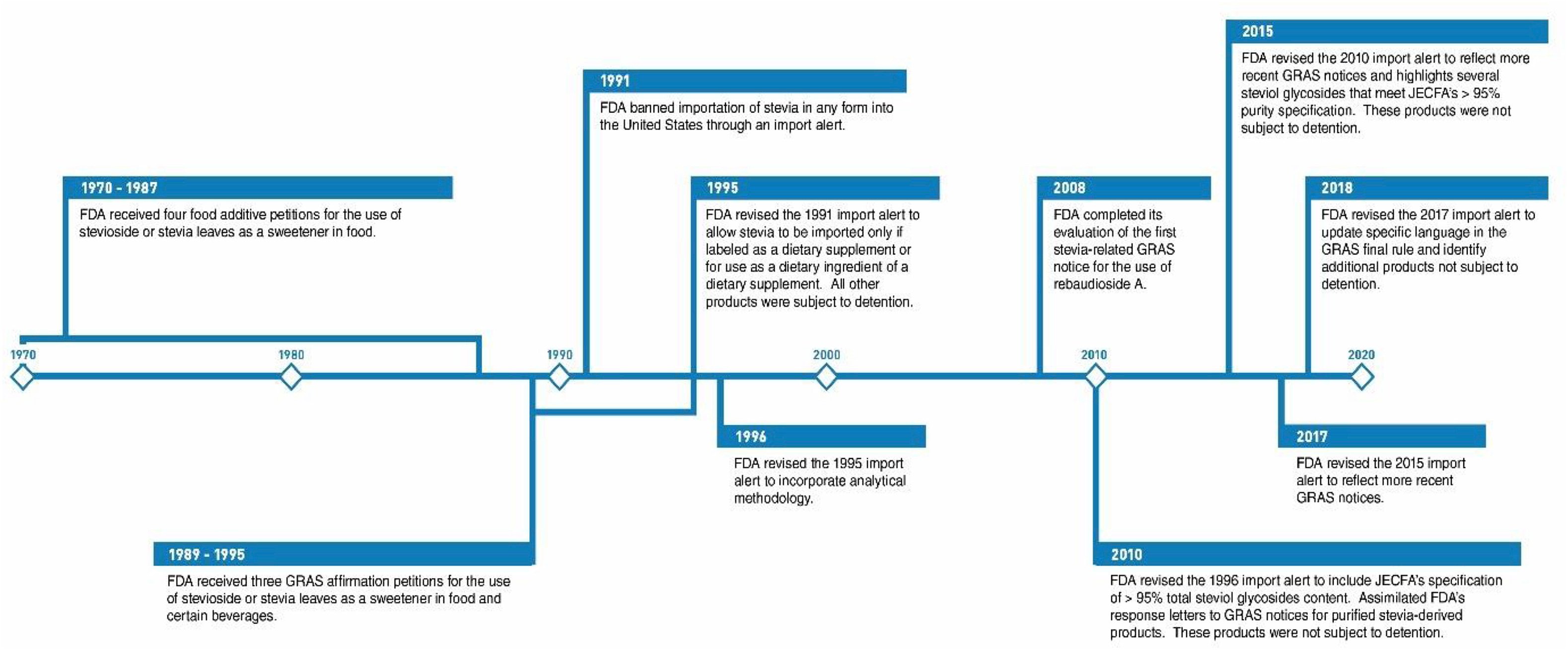Written By:
Wake Up and Read the Labels
Here at Wake Up and Read The Labels, we have certain standards that we use to determine if food is “clean” or not. We all know that carrots, celery, and food that grows out of the ground are healthy.
However, there are a number of foods that are in a grey area. When foods are in that gray area, then we categorize them as “not clean”
Clean food is food that you and your body know. If your body knows a food then it knows what to do with that food. It is not food that is created in a lab or is synthetic.
The Mayo Clinic defines clean food as being food as close as possible to its natural state.
Stevia is a plant that is native to South America. The scientific name of Stevia is Stevia rebaudiana (Bertoni). People in Paraguay and Brazil have been using Stevia leaves as a sweetener for years.
While this is great, most people today are not using Stevia leaves as a sweetener. Most people are using stevia from the grocery store that comes in a powder or liquid form.
Many people use stevia as a sugar substitute because it has few or no calories. While this may be true, your body may not recognize stevia which could cause unwanted side effects.
WebMD states the side effects of stevia might include:
None of these are side effects that are pleasant and they do not make you feel good.
The potential issue of why stevia may cause issues lies in the fact that products we see in grocery stores are highly processed. Just like the definition of clean above, we want to see foods closest to their natural state.
Stevia is processed by continuous refining of the chemicals in the plant leaves. This is an extremely detailed process that involves some serious chemistry and chemical reactions.
There are a number of in depth articles that dive into the multistep process for refining of the stevia plant.
Take a look at the information out there for yourself and make a determination if you think stevia refining is “natural” or clean. The goal of clean eating is try to eat foods as close as possible the natural state.
First off, stevia the plant was banned by the FDA in the early 1990s. Due to the “Generally Recognized As Safe” (GRAS) loophole, stevia extracts have been allowed into our food as an additive.

Image Credit: Judith D. Perrier, Jeremy J. Mihalov, Susan J. Carlson, FDA regulatory approach to steviol glycosides, Food and Chemical Toxicology, Volume 122, 2018, Pages 132-142, ISSN 0278-6915, https://doi.org/10.1016/j.fct.2018.09.062.
People with autoimmune issues that consume stevia could see a “blood sugar rollercoaster” due to the fact that the sweet sensors of the brain are triggered but no sugar or calories from sugar are going into the bloodstream. This is well explained by the Automimmune Association in its blog post.
The author even states that non-autoimmune compromised people can suffer from the same issue with blood sugar.
Here at Wake Up and Read The Labels, we did a podcast interview with Dr. Micahel Goran regarding his work studying sugar. He wrote the famous book Sugarproof, which talks about the hidden dangers of sugar in our modern society.
In the interview with Dr. Goran he is skeptical about highly refined sugars such as stevia. We are also skeptical about this product based on talking to experts like Dr. Goran and from personal experiences with the substance.
So the overall conclusion on Stevia is to stay away from it. Just like most processed and highly refined sugars, they fall into the gray area. Here at Wake Up, we like to stay way from the grey area.
There are plenty of natural sugars such as dates, date syrup, and maple syrup that can meet your sweetness needs.
If you're looking to start your clean eating journey but don't know where to begin, then perhaps it’s time to start working under the guidance of an expert food coach to help you get started with the process....
Caramel color is one of the most commonly used food colorings. It’s often found inside sodas, dark breads, chips, desserts, etc. It offers zero nutritional value, but it provides a brown coloring that appeals...